How Alibaba’s Singles’ Day became a global billion dollar shopping festival – and what ‘11.11’ means for luxury brands
More than 500 million people are expected to buy something online as part of Alibaba’s Singles’ Day shopping festival – on November 11, 2019 –but how can luxury brands build a following while maintaining integrity?
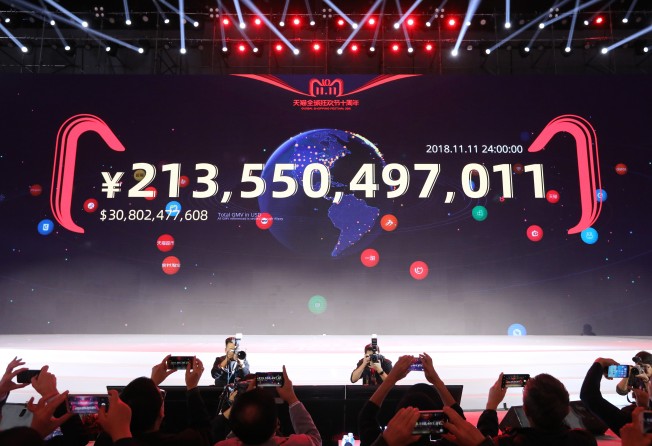
Given the eye-popping numbers involved, Alibaba Group Holding's “Double 11” e-commerce campaign, which takes place annually as the Singles' Day shopping festival on November 11, has become a golden opportunity for global brands to make a quick profit.
The GMV (gross merchandising volume) of the one-day event in 2018 – US$30.8 billion – was about the same as Italy’s e-commerce market for the whole year.
When the GMV of other Chinese online marketplaces such as JD.com are included, last year’s Double 11 was more than three times the size of the US’ two biggest shopping days – Black Friday and Cyber Monday – combined.
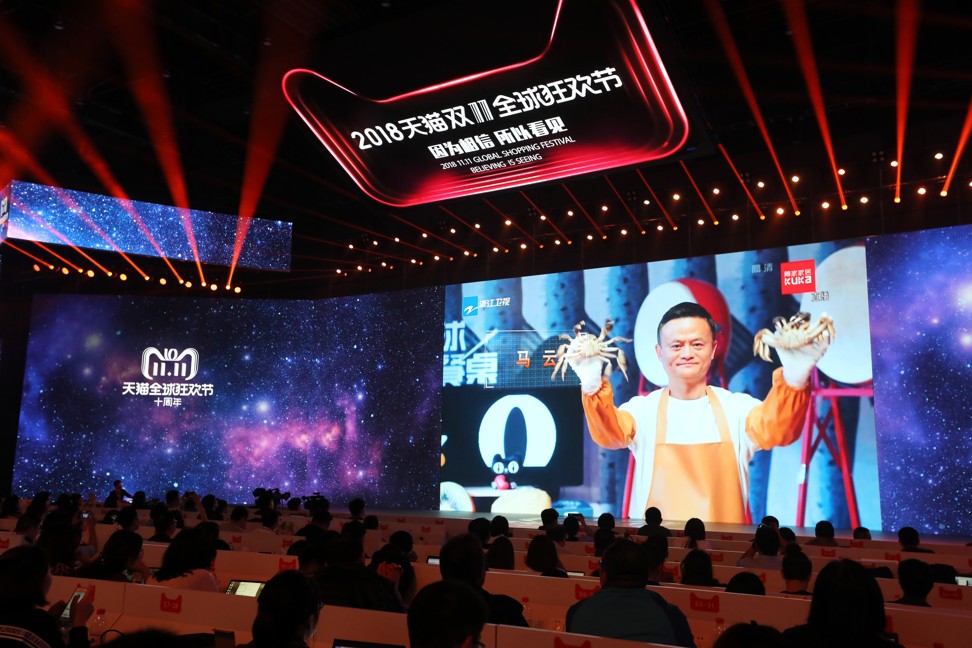
Alibaba, which owns the South China Morning Post, says the number of buyers in this year’s Double 11 festival will rise to 500 million, up from 400 million in 2018.
Forty per cent of them made a purchase from international brands last year. For the 22,000 international brands taking part this time around, these are mouth-watering figures indeed.

The star-studded Double 11 opening gala has been described as “The Superbowl of Shopping”. Held at Shanghai’s Mercedes-Benz Arena, last year’s presales event combined a pop concert with dancing, aerobatics, interactive games and a telethon to attract 240 million viewers.
Clearly, Double 11 is a much more celebratory, social event than similar festivals in the US. Hence Alibaba’s own title of Global Shopping Festival.
In recent years Double 11 has featured online games and interactive shows. There will be promotional events at Alibaba’s 62 Intime department stores, 100 Hema supermarkets and 222 Easyhome home improvement stores across China, as well as through partners like Luckin Coffee.
To consultants McKinsey & Co, the aggressive expansion of Double 11 via “creatively leveraging complementary events” is a way of keeping momentum up amid slowing growth.
GMV grew 24 per cent last year, down from a 44 increase per cent in 2016 and 2017.
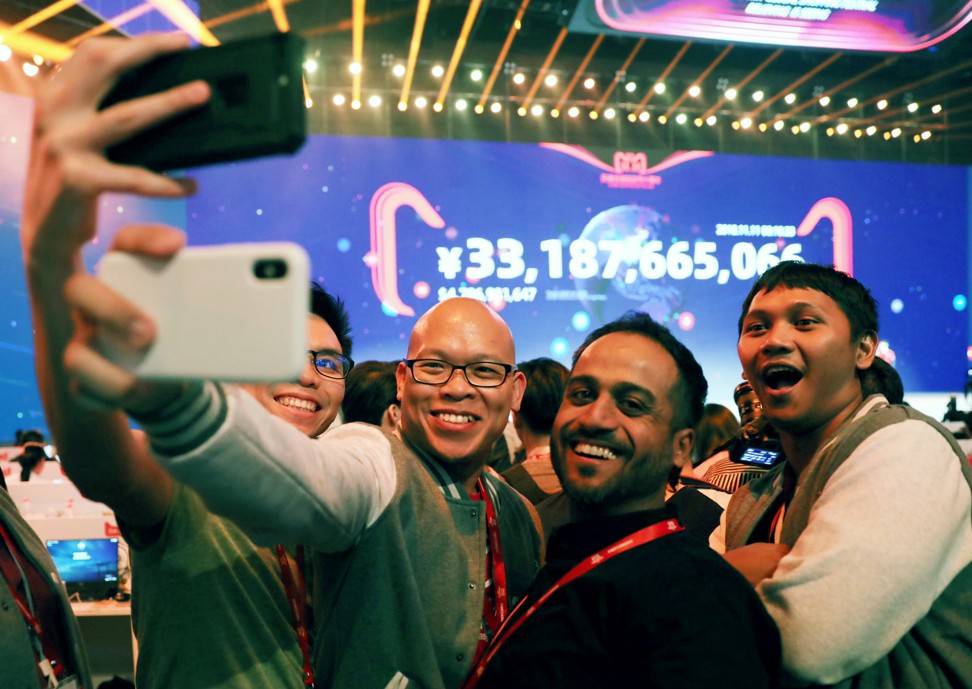
In addition to an ever-widening range of activities, growth has also come from expansion overseas. In 2016, Alibaba took over Southeast Asia’s largest e-commerce company Lazada Group. It is now promoting Double 11 in six countries in the region including Vietnam and Thailand.
Last year, Alibaba also bought the South Asian online marketplace Daraz, which is introducing Double 11 to Pakistan, Bangladesh, Nepal, Sri Lanka and Myanmar.
Alibaba’s international platform AliExpress, meanwhile, is in 12 languages including Arabic, Hebrew and Turkish. It is the top e-commerce site in Russia. It is even pushing Double 11 in the US, although expansion there competes with Cyber Monday, Amazon.com’s Prime Day (July 15 this year) and the Veterans’ Day national holiday, held on the November 11 anniversary of the armistice that ended the first world war.
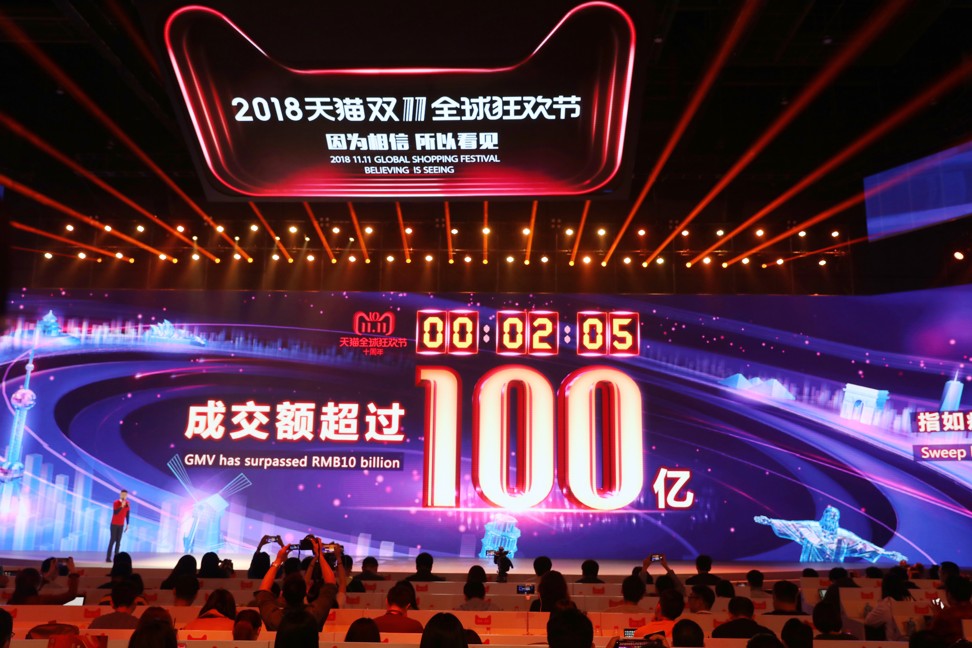
For traffic going in the opposite direction, meaning international brands selling into China, Alibaba’s global influence may be just as deep.
In the past, the world used to look to America for new ways of doing business. But with China this year to emerge as the world’s biggest retail market, US leadership is challenged.
China is far ahead of the world's largest economy in terms of e-commerce activities. Thirty five per cent of retail sales in China are made online, compared to just 11 per cent in the US.
Well over half of all online retail sales globally are now conducted in China.
As Double 11 shows, China is now at the forefront of innovation in e-commerce. International brands should be taking e-commerce techniques and methods they first learned there, and transferring them to their operations elsewhere in the world, including the US.
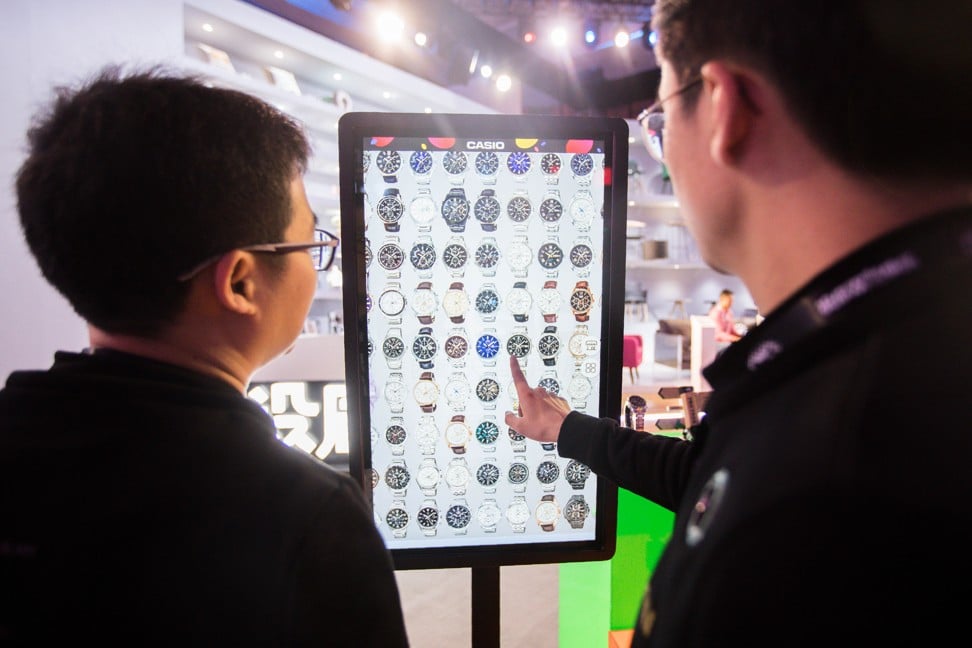
Yet experts say making a profit on the day is not the point.
Athena Chen of trend forecasters WGSN says online sellers instead seek to “build reputation and loyalty that lasts into the next financial year”.
“Customer acquisition and retaining customers after they buy from you for the first time is a more meaningful metric,” Gartner analyst Sandy Shen said. “It's about ongoing customer engagement.”
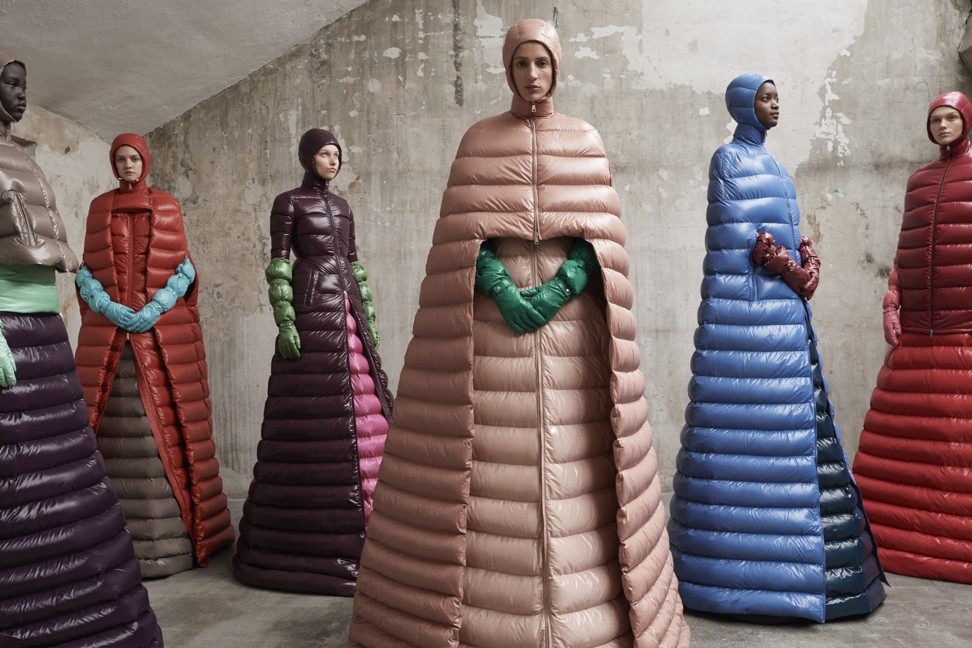
That means luxury brands have to strike a balance between profit and the chance to start a new customer relationship.
“You hear merchants complaining that they're not making money because they're giving deep discounts to attract buyers,’” Shen said.
Such discounts take several forms, including coupons, money off for ordering in advance and platform-wide discounts for Alibaba's Tmall.
According to a report by McKinsey, offering big discounts was the key to getting a big sales boost on Double 11 last year. Categories with the biggest price cuts were among the bestsellers.
Brands are engaging directly to get a good customer relationship going. Typical paths into direct engagement include a QR code on a flier delivered with the product, which when scanned will give the brand a customer’s WeChat ID. Another might be a coupon requiring registration, perhaps redeemable only in a brick and mortar store.
"E-commerce platforms don’t give brands much of their data,” Shen said. “A customer’s phone number is what they want, because it will open a direct channel of communication.”